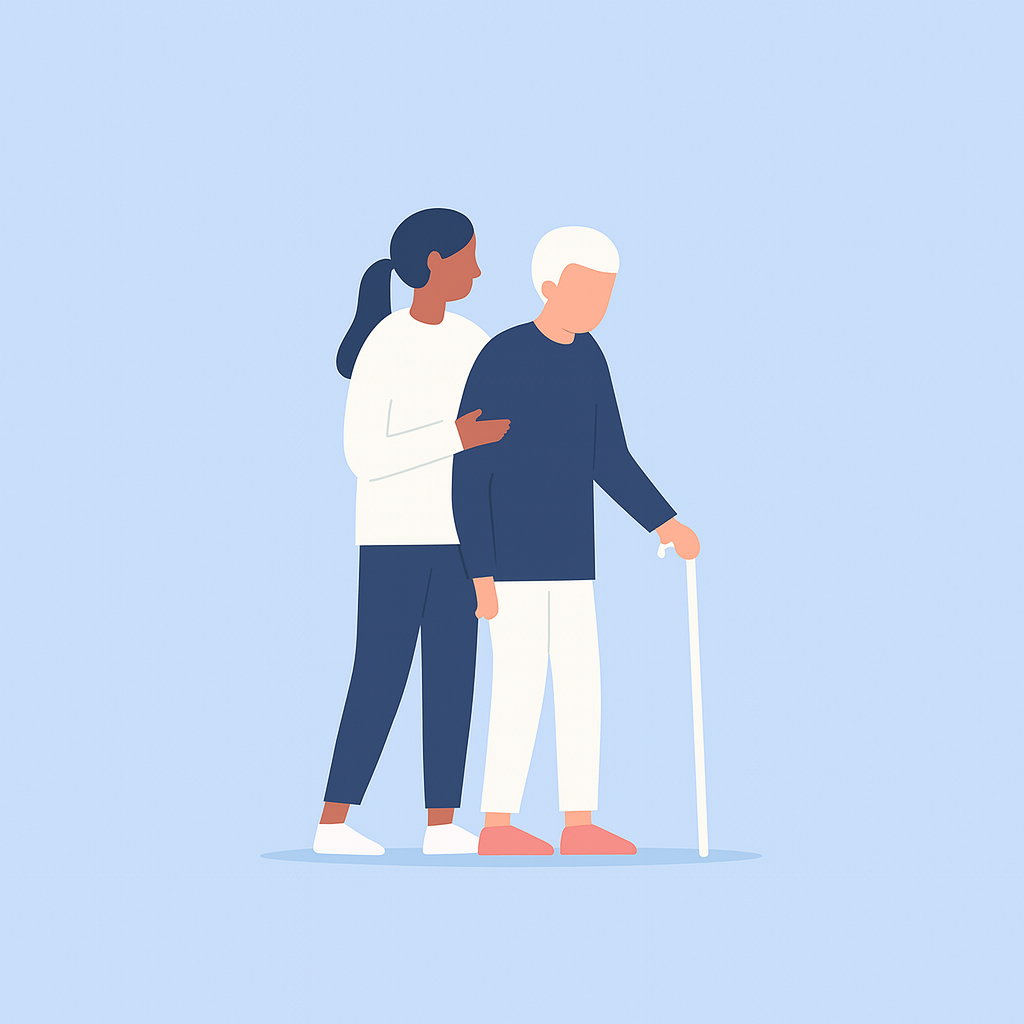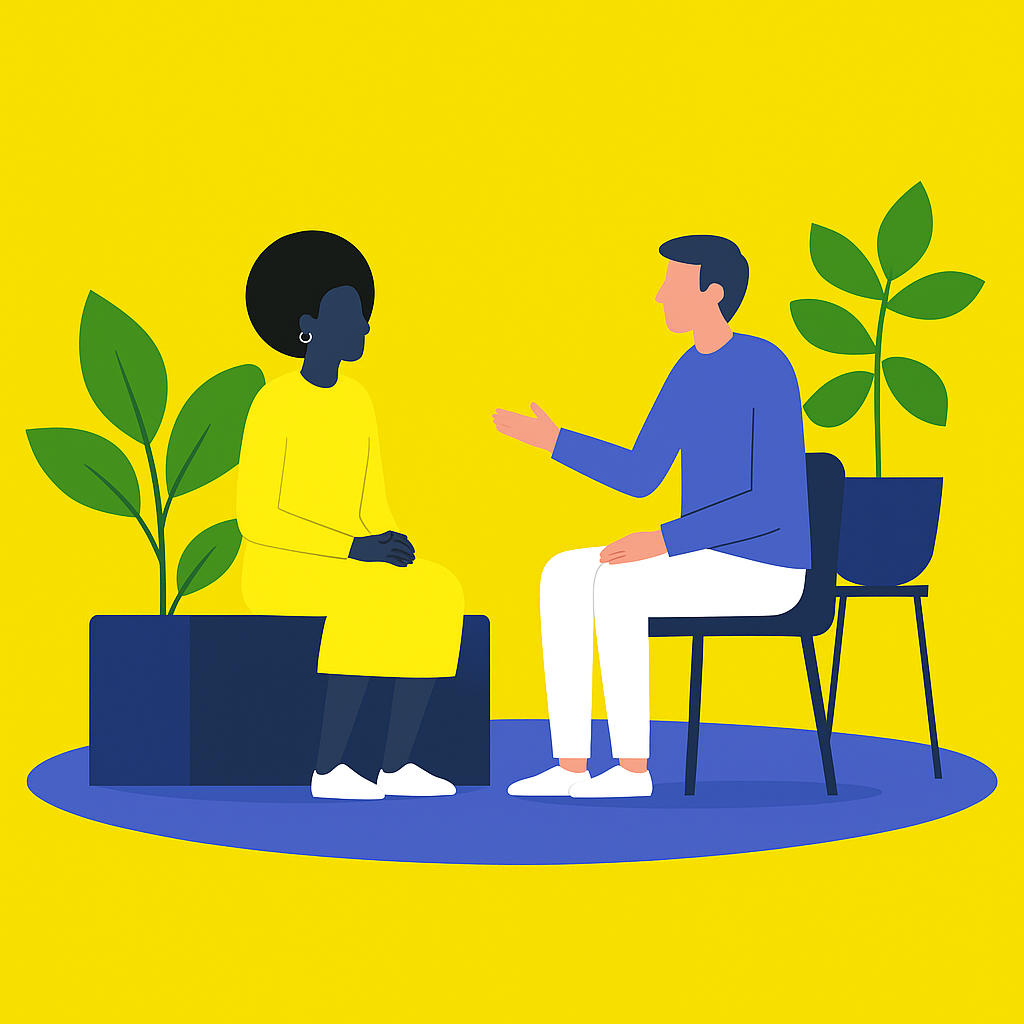Looking After Someone?
Do you help someone who is ill, disabled, has mental health problems or misuses drugs and alcohol?

What is a young carer?
Do you have family members that depend on you for help to get them up and dressed, go shopping, do the housework or look after brothers and sisters? Do you keep an eye on medication and have to be strong for them when they are struggling?
If you answered yes to any of these questions, did you know YOU could get help and support too? Wakefield Council and partners have a duty to assess how much care you are doing and provide support to young carers if needed.
Am I a young carer? Take the quiz – Sidekick by Action for Children

It may be difficult to talk about your feelings with the person you are caring for
Young Carers tell us ‘Some adults just don’t get what being a young carer is like’.
If this is the case, see some of the organisations that you can speak to at the bottom of this page. You can also speak to the Young Carers teams that visit schools in Wakefield or local Family Hub or Youth Hub.
Alternatively, CarersUK are a national organisation who can support you – Call: 0808 808 7777 from Monday to Friday, 9am – 6pm (including Bank Holidays). If you have a general enquiry, please email info@carersuk.org – If you don’t want to talk to someone face to face or over the phone, you can access online support sessions: Online meetups | Carers UK.
There is also Carers Wakefield – Phone: 01924 305544 – Wakefield Carers – Helping Carers Care
Local Support Groups – Wakefield Carers

Looking after yourself – Top tips developed for you by Young Carers
Young Carers tell us “School doesn’t understand what I have to do at home, they can’t understand why my homework isn’t done or why I’m late for school in the morning or why I check my phone constantly.”
See below some tips that may help:
 1. Talk to Someone You Trust
1. Talk to Someone You Trust
You don’t have to do this all on your own. Speak to a teacher, school nurse, youth worker, or a friend’s parent. Talking can help relieve stress and open up support you didn’t know was there.
![]() 2. Make Time for You
2. Make Time for You
Even just 15 minutes a day to do something you enjoy—like listening to music, gaming, drawing, or going for a walk—can help you recharge and protect your wellbeing. You matter too.
![]() 3. Get Support at School or College
3. Get Support at School or College
Tell someone at your school or college that you’re a young carer. They can help you with flexible deadlines, extra support, or someone to talk to when things feel overwhelming.
![]() 4. Connect with Other Young Carers
4. Connect with Other Young Carers
Knowing that others understand what you’re going through can make a world of difference. Join a young carers group, attend events, or connect online to share experiences and make new friends.
![]() 6. Ask for a Young Carer’s Assessment
6. Ask for a Young Carer’s Assessment
You have the right to a Young Carer’s Assessment through your local council. This can help identify your needs and lead to extra support like breaks or help with school. Find out more through Wakefield Carers – Helping Carers Care.
![]() 7. Remember: You Deserve Support
7. Remember: You Deserve Support
You’re doing something amazing—but you shouldn’t have to sacrifice your childhood or future to care. Help is out there, and you deserve every bit of it.

Advice from Young Carers in Wakefield District
“I would tell the young person to try and get some alone time, although it can be hard. Sit and write a letter to themselves or to someone like their parent/ carer about how they are struggling. After they have written this letter, they don’t have to actually give it to the person, they could keep it, rip it up or burn it. This will help get everything out to clear your mind and to try to think things through.”
“Make sure you have time to yourself each day and if that means making a timetable for what you have to do and when, then so be it. But just make sure you do this daily so it doesn’t take over your life completely.”
“Make time to do homework, coursework and make sure that school is aware of the situation so you won’t fall behind with your studies. This can help with reducing the pressure.”
Looking After Someone? Resources for 16-19 year olds

Care Leavers

Free to be me

Young Carers Youth Group


